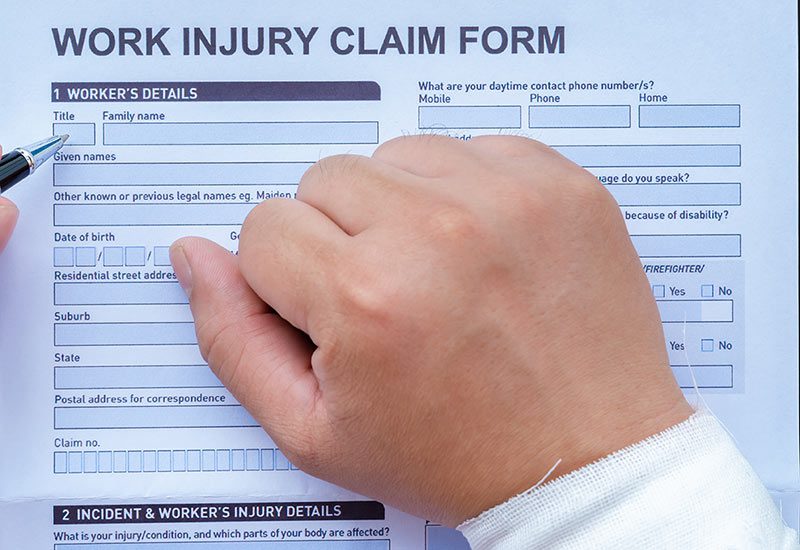Workers' compensation protects you and your employer by making sure your expenses are paid if you are injured on the job. But are you actually eligible for compensation? It depends.
How can you receive Wisconsin workers' compensation and when do you need a workers' compensation lawyer.
Employers Covered by Workers' Compensation
Essentially all employers in Wisconsin must have workers' compensation insurance. The exceptions are:
- Companies with less than 3 full-time or part-time employees...and they also must not have paid them more than $500, which essentially means everyone.
- Farmers who employ 6 or more workers for 20 days or more, not counting immediate relatives.
Unless you work on a farm, your employer must have workers' compensation insurance. This includes if they are based outside of Wisconsin (remote workers pay attention). Employers must maintain workers' comp as long as they remain in business, and farmers must maintain it until they have gone a full year without employing 6 or more employees.
Employees Covered by Workers' Compensation
So, the next question is which employees are covered, which basically boils down to "what is an employee." Most people who receive wages are considered employees, even if they are part-time...and even if they only work a few hours. The exceptions are:
- Domestic servants
- Sole proprietors, partners, and LLC members
- People employed other than in the employer's trade or business (typically this means contractors or freelancers)
- Members of certain religious sects
- Volunteers who aren't receiving compensation worth more than $10 a week.
- Employees of Native American tribal enterprises (although they can voluntary carry it).
- Certain real estate brokers and agents.
Contractors are not covered by workers' comp but must meet a nine-part definition. If you are covered by workers' compensation, you are expected to get all of your compensation from the policy and typically cannot sue your employer.

Who Can Make a Claim?
Assuming both you and your employer are covered, which is the case for most people, you can make a claim for an injury that happens on the job. You need to report the injury and there is a three-day waiting period before you get compensation (in other words, if you recover within three days, that's not considered "worth" claiming over). Compensation starts on the 4th day. If you are off work for 7 days or more you will get retroactive compensation for the first three days.
You need to report your injury to your employer, who will then report it to the carrier. If your employer did not report the injury, contact a workers' compensation lawyer. You should also get a lawyer if you find out your employer was illegally uninsured. Wisconsin has a fund to help you out. If your claim is denied, you should also contact a lawyer.
Make sure that you keep all of your medical records and receipts for medical care, as this will make it a lot easier if the claim is denied or disputed.
Contact Bykhovsky Law to Help You Get the Workers' Compensation You Deserve
If you have been injured on the job and the workers' compensation claim was denied, your employer wasn't carrying sufficient insurance, or the insurance company is otherwise being difficult, we can help. Consult an workers' compensation lawyer today and get the compensation you deserve.

